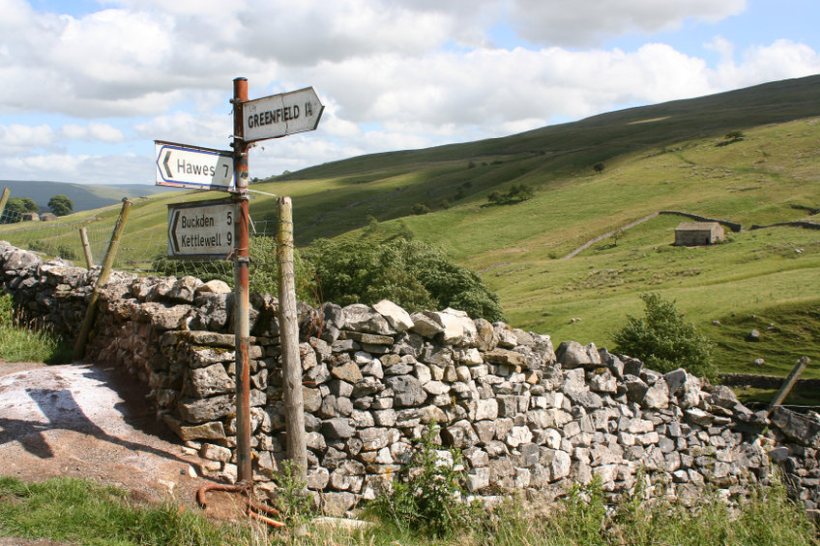
Guidance has been set out as part of the Countryside Code's newest update, including advice for farmers on making rights of way more accessible to the public.
The new guidance, published today by Natural England, aims to support land managers in dealing with the recent increase in the number of countryside visitors.
Published under the refreshed Countryside Code, it includes advice on making rights of way more accessible, clearer signage, and how to report anti-social behaviour.
It advises farmers on measures they could adopt, such as adding self-closing gates instead of stiles where possible and using better signage.
Guidance on how to correctly report anti-social behaviour, fly-tipping, littering, livestock worrying and other offences is also included.
It is hoped the changes will allow more people to access the countryside safely, whilst also supporting farmers and helping to avoid damage to their property.
Marian Spain, chief executive of Natural England, said: “This refreshed advice for land managers has never been more important in helping to ensure we work together to protect our outdoor spaces.
“I urge all land managers to follow this new advice and continue to help make nature accessible to everyone."
Natural England has worked alongside the NFU, Health and Safety Executive (HSE) and the Country Landowners Association (CLA) to develop the advice.
It follows the publication of the refreshed Countryside Code, which was revisited following a growth in people spending time outdoors during the pandemic.
To help people of all ages and backgrounds enjoy the countryside responsibly, the public code encourages people to ‘be nice, say hello, share the space’.
It also reminds visitors to not litter and avoid feeding livestock, horses or wild animals.
The CLA welcomed the new guidance, as it would "equip farmers with knowledge to smoothly manage increased public interest" in the countryside.
Mark Tufnell, president of the rural group, said: “Rather than pitting rural communities and visitors against each other, the guidance unites them by focusing on a shared appreciation of our countryside.
“Most importantly, it outlines how both can work together to enhance it. With over 150,000 miles of public rights of way and 2.5 million acres of open access land in Britain, there is so much to enjoy responsibly.”
What is included in the new guidance?
As well as advice for protecting livestock, using machinery in public spaces and the safe storage of chemicals, other key changes include:
• Clearer guidance on keeping rights of way usable, including recommendations for cutting back vegetation and keeping public waterways clear
• Instructions for where visitors can walk freely on open access land or in a coastal margin
• Information about common land and understanding that horse-riding rights are applicable
• The process of reporting anti-social behaviour – farmers and land managers are advised to contact the police to report incidents
• Advice on reporting noise disturbances and fly-tipping to the local authority
• Guidance on managing and protecting livestock, and a reminder of responsibilities when using firearms and fencing
• Advice for creating a safe environment, including the safe storage of bales, logs and the management of trees
• Information on using and storing dangerous substances responsibly
